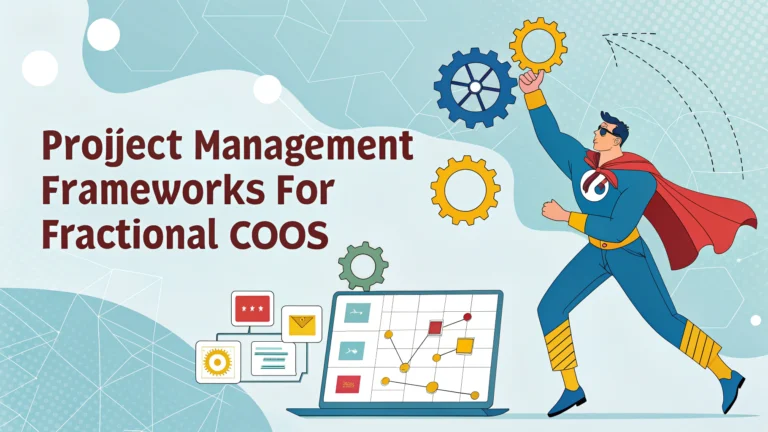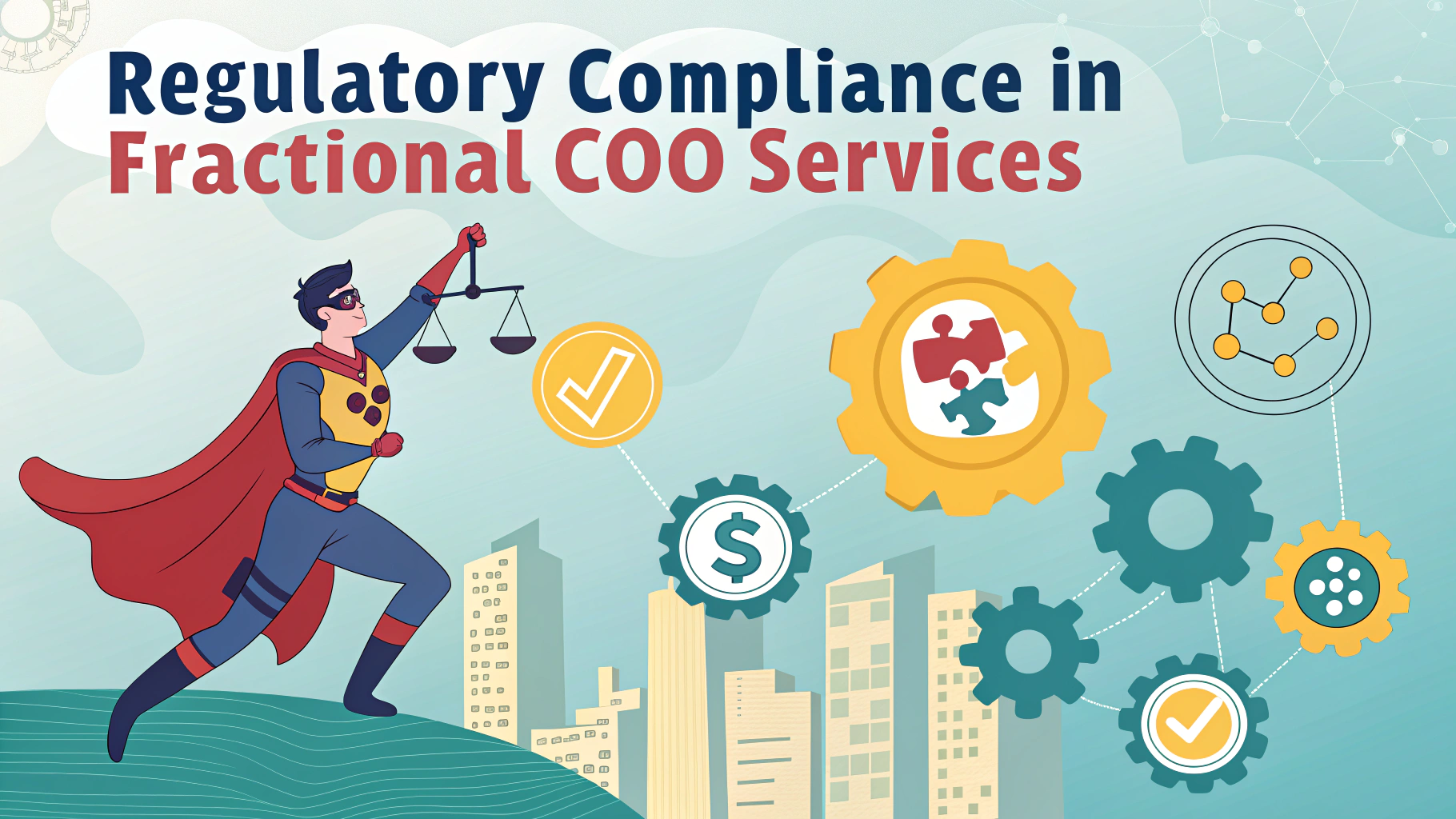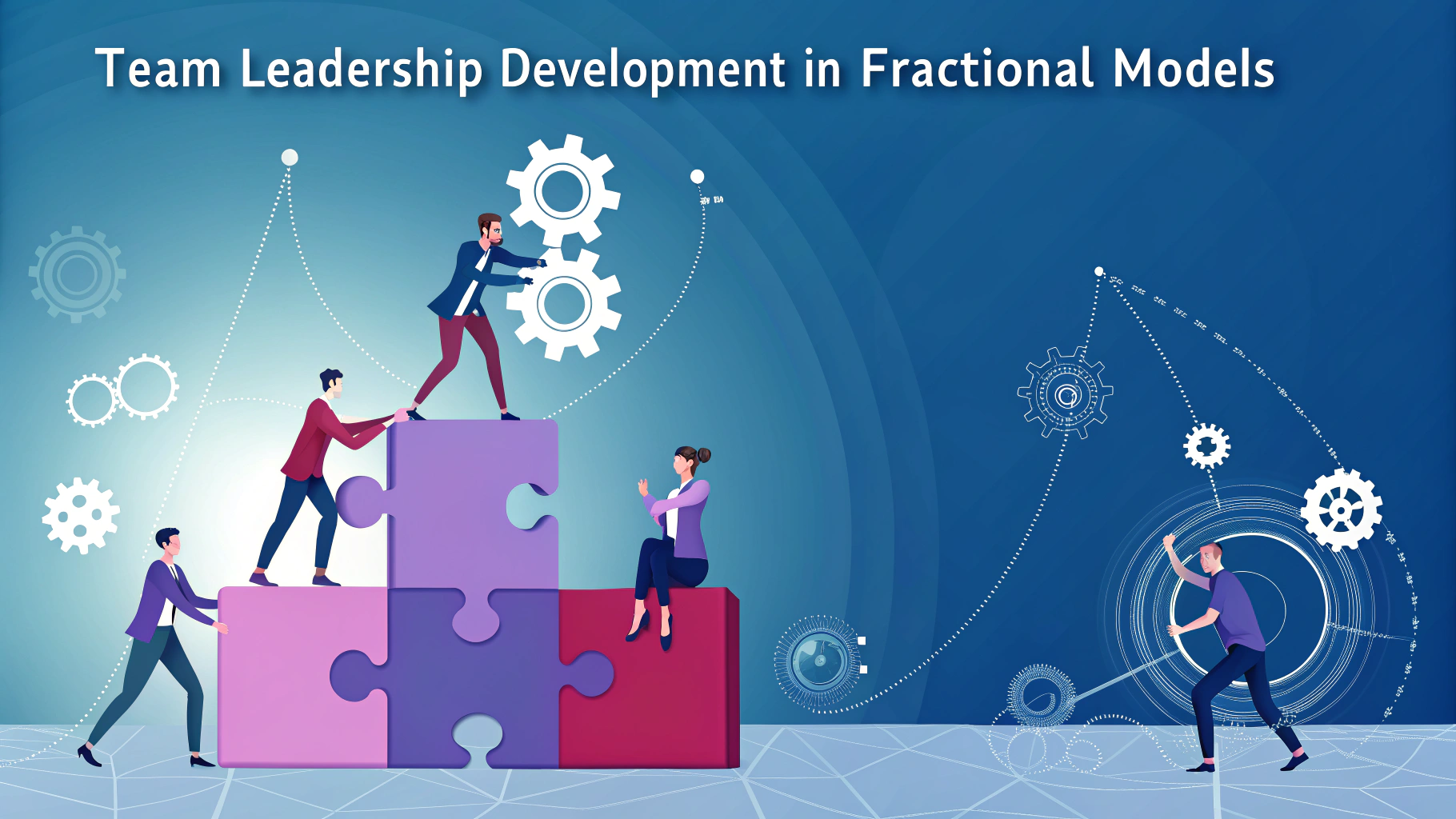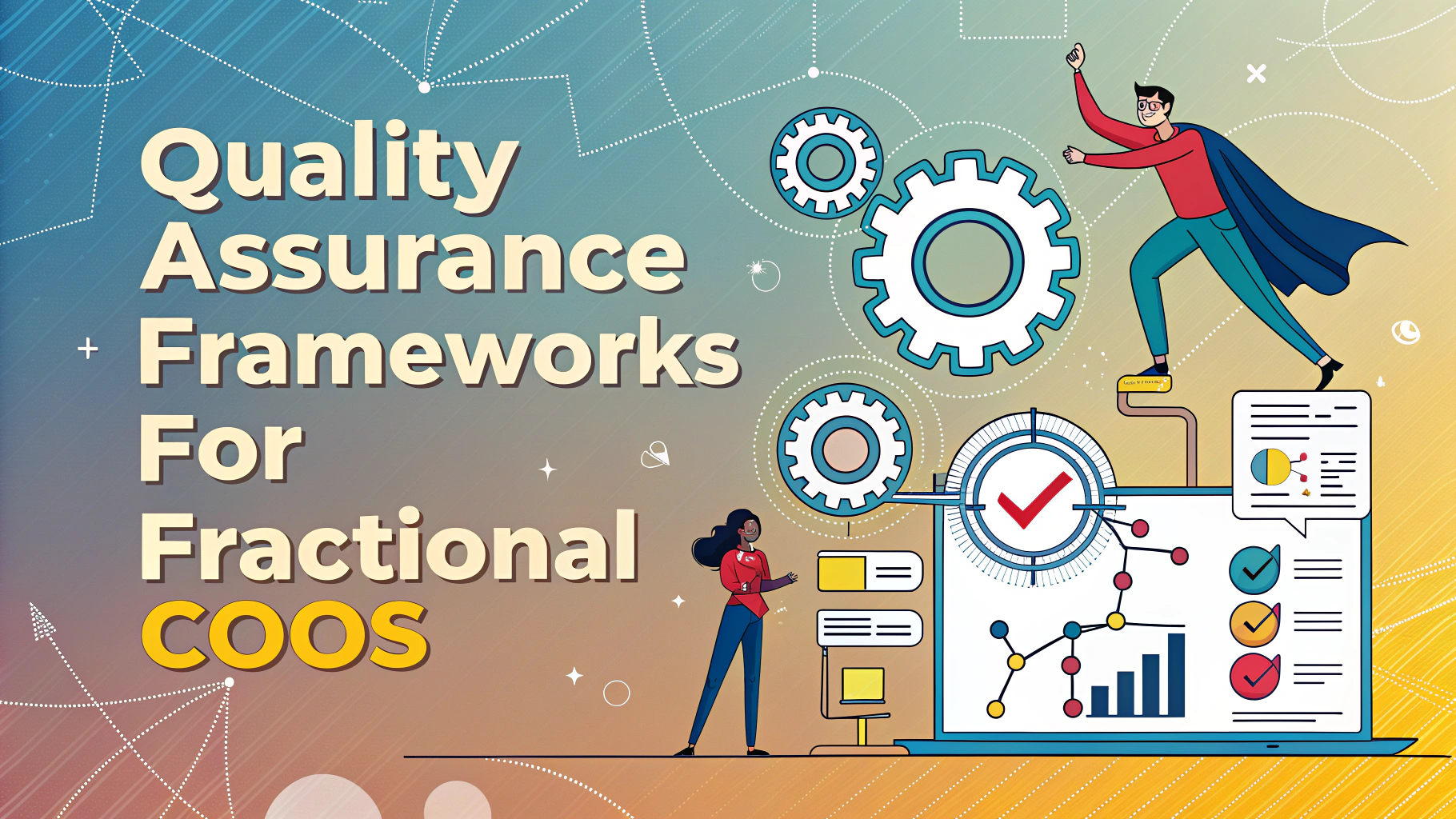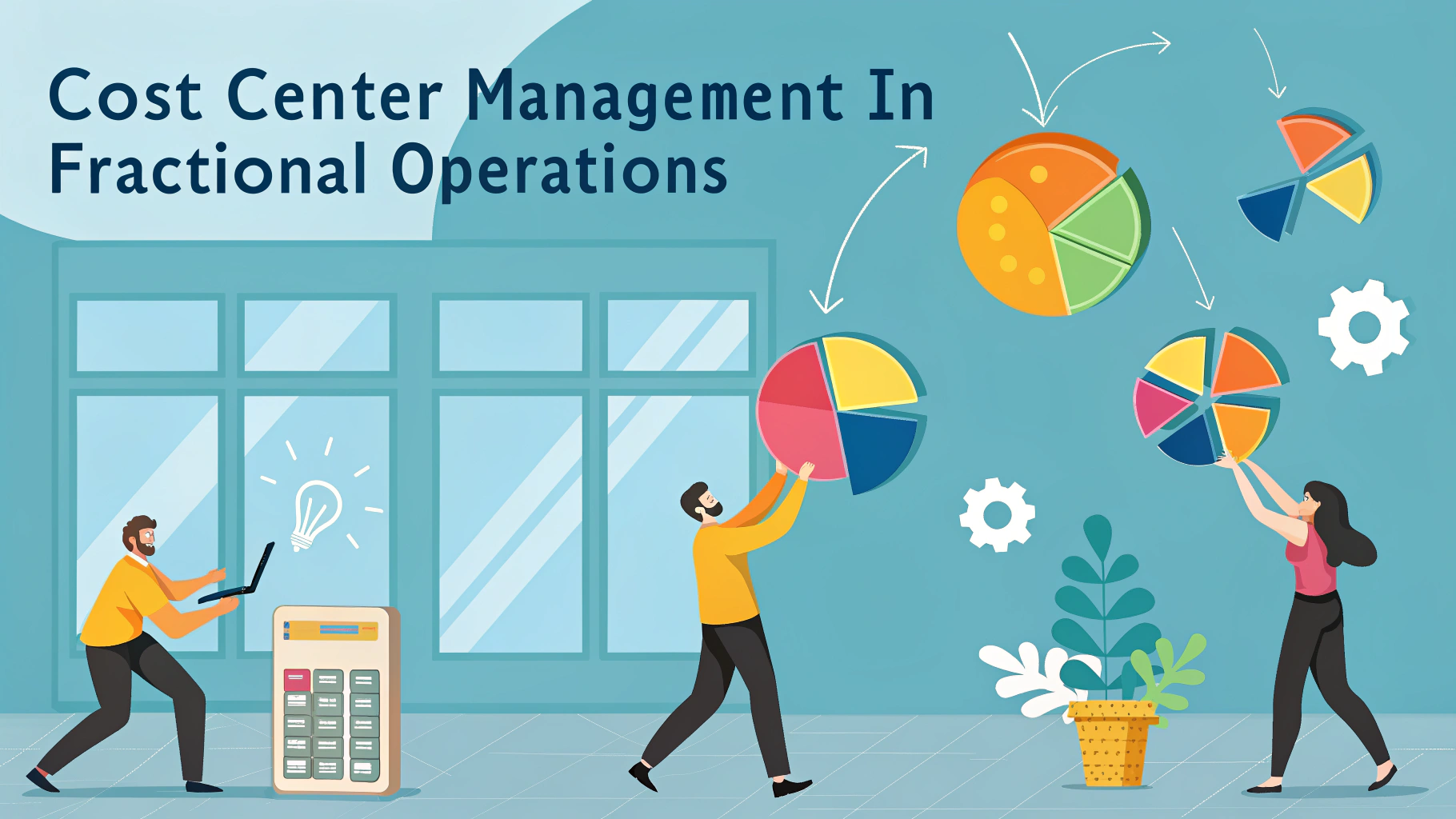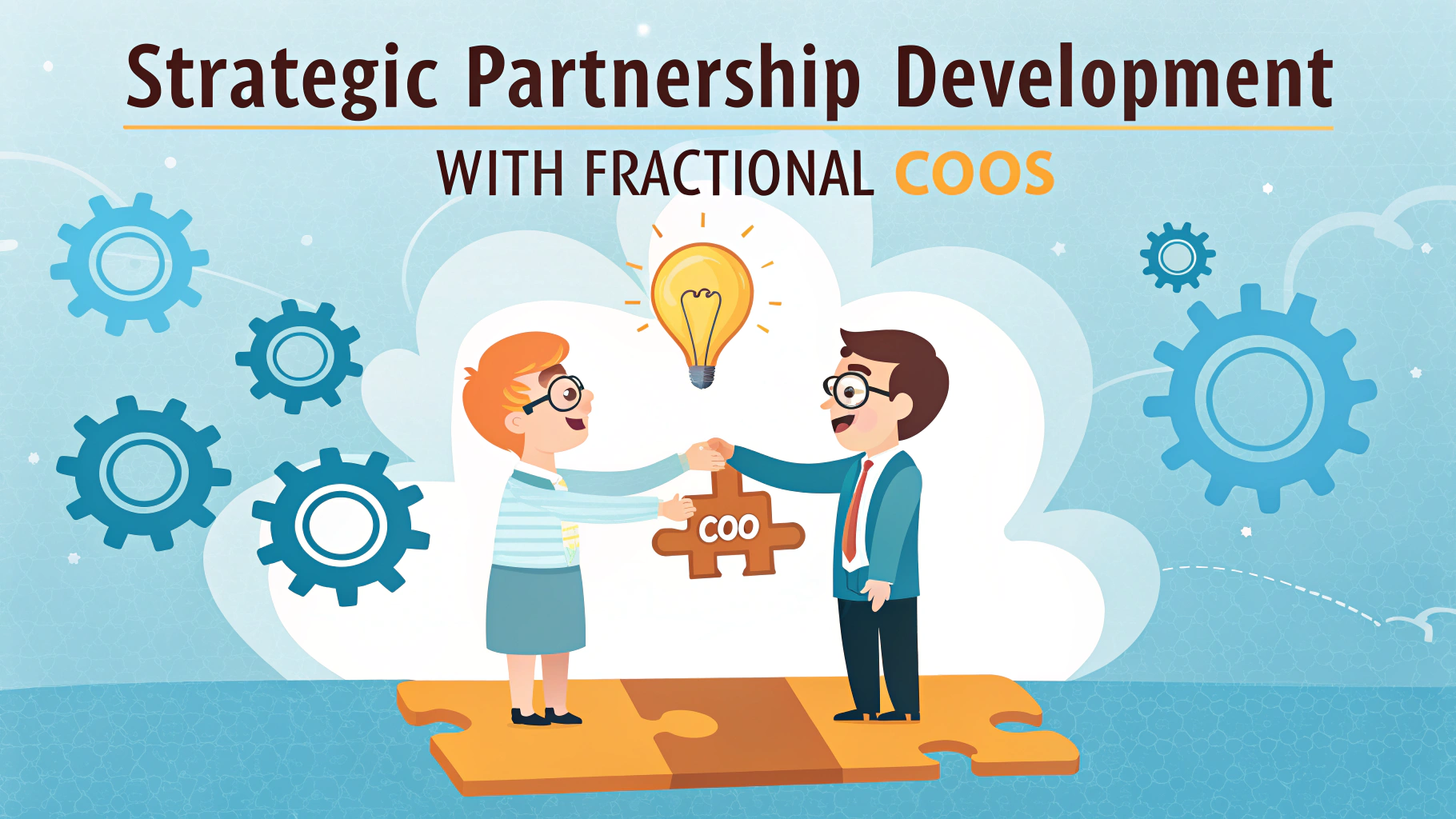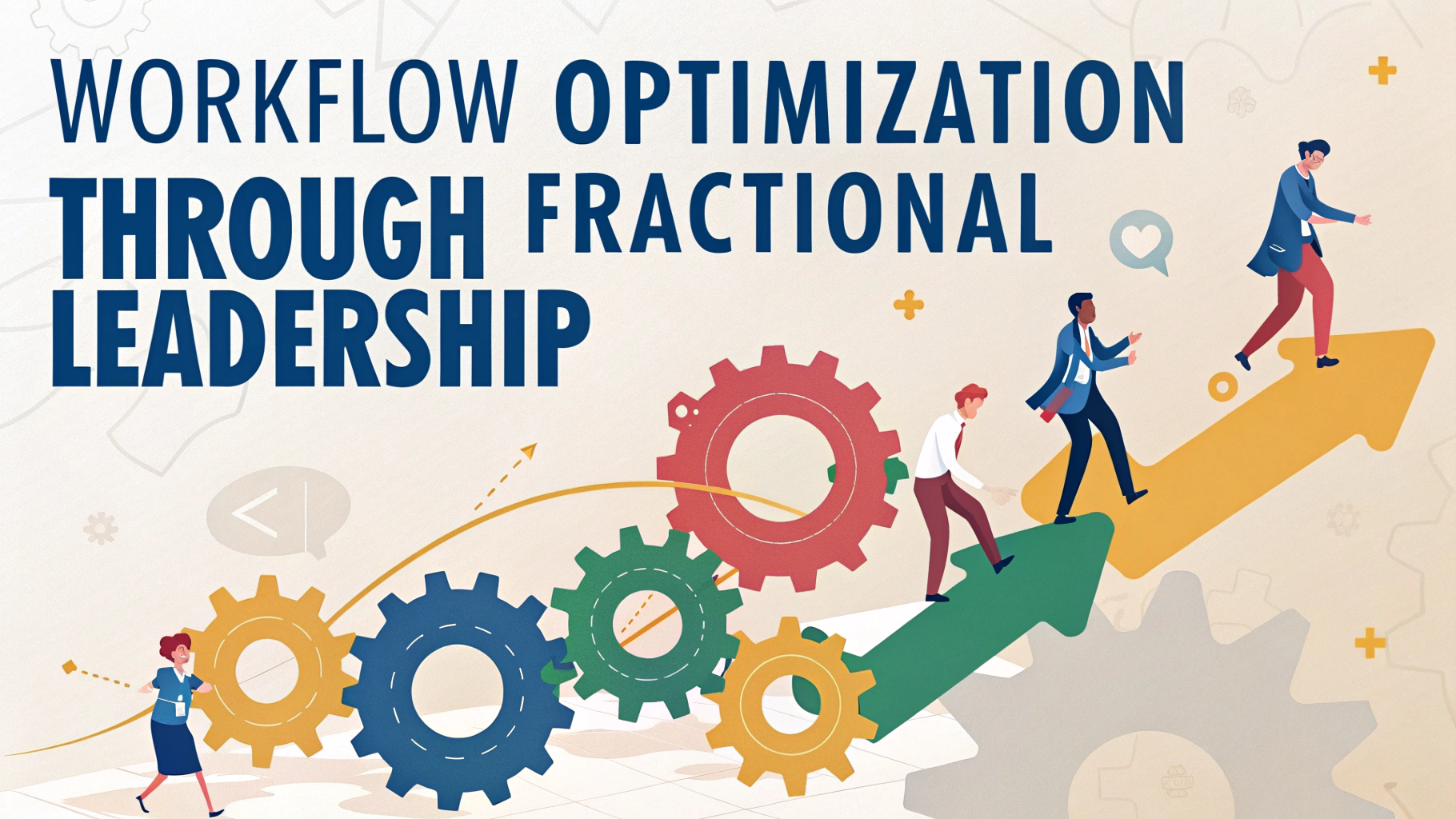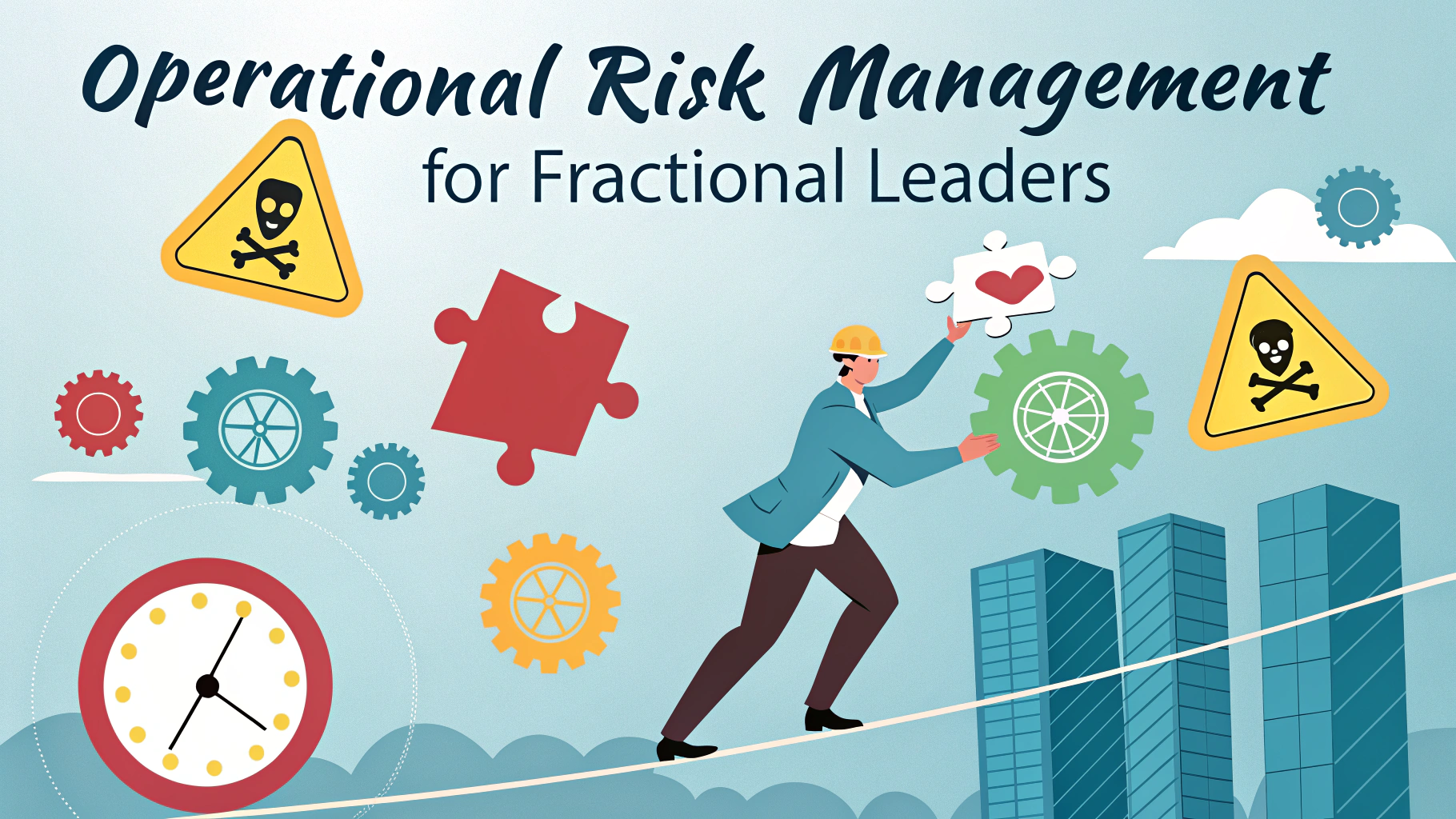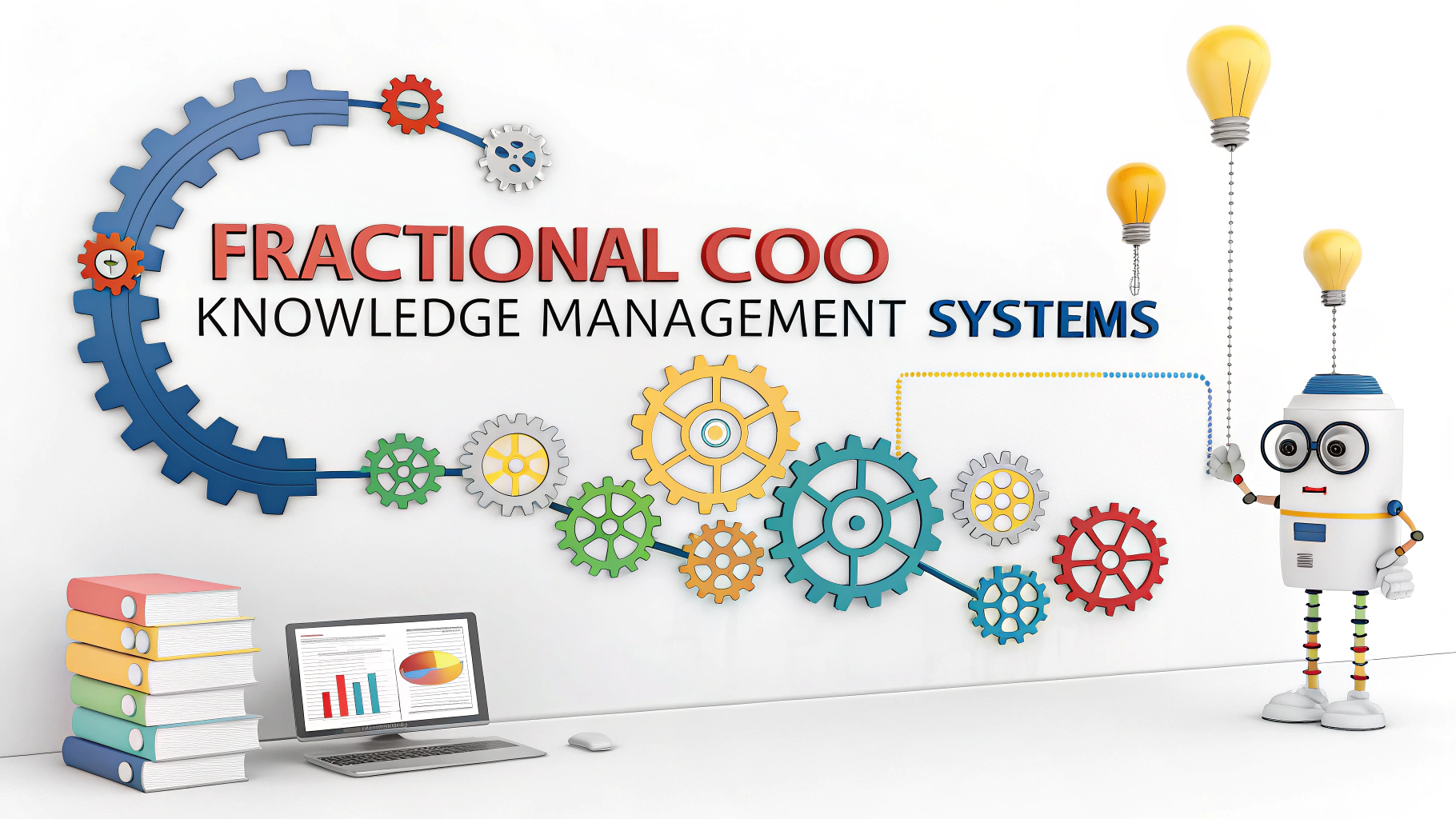Project management frameworks help fractional COOs streamline operations and deliver consistent results across multiple client organizations.
As more companies embrace the fractional leadership model, COOs need systematic approaches to manage diverse projects efficiently while maintaining high standards.
This guide explores proven project management methodologies that fractional COOs can implement to drive successful outcomes for their client portfolio.
Essential Project Management Frameworks
- Agile: Perfect for fast-moving environments requiring frequent adjustments
- Waterfall: Ideal for sequential projects with clear requirements
- Scrum: Excellent for iterative development and regular feedback
- Kanban: Great for visualizing workflow and identifying bottlenecks
- Lean: Focuses on eliminating waste and maximizing value
Implementing Agile as a Fractional COO
Agile methodology allows fractional COOs to adapt quickly to changing client needs while maintaining project momentum.
- Break projects into small, manageable sprints
- Hold daily standups (virtual or in-person)
- Use tools like Jira or Trello for tracking
- Implement retrospectives for continuous improvement
Waterfall for Structure-Heavy Projects
The Waterfall method works well for projects requiring strict documentation and regulatory compliance.
- Define clear project phases
- Set specific deliverables for each stage
- Maintain detailed documentation
- Use tools like Microsoft Project or Smartsheet
Hybrid Approaches for Different Clients
Smart fractional COOs often blend different frameworks to match specific client needs.
| Client Type | Recommended Framework |
|---|---|
| Startups | Agile + Kanban |
| Enterprise | Waterfall + Lean |
| Manufacturing | Lean + Six Sigma |
Essential Tools for Framework Implementation
- Project Management: Asana, Monday.com, ClickUp
- Communication: Slack, Microsoft Teams
- Documentation: Confluence, Notion
- Time Tracking: Harvest, Toggl
Best Practices for Framework Selection
- Assess client culture and existing processes
- Consider project complexity and timeline
- Evaluate team size and distribution
- Review regulatory requirements
- Account for stakeholder preferences
Success Metrics and KPIs
Track these key metrics to measure framework effectiveness:
- Project completion rate
- Budget adherence
- Team velocity
- Client satisfaction scores
- Resource utilization
Moving Forward with Framework Implementation
Select a framework that aligns with your client’s goals and organizational culture.
Start with a pilot project to test and refine your chosen methodology.
Connect with other fractional COOs through platforms like LinkedIn Groups or COO Society to share experiences and best practices.
Framework Training and Team Adoption
Successfully implementing project management frameworks requires proper team training and buy-in from all stakeholders.
- Create detailed onboarding materials
- Conduct regular training sessions
- Provide access to certification programs
- Document best practices and lessons learned
Scaling Frameworks Across Multiple Clients
Fractional COOs must develop strategies to effectively scale their chosen frameworks across different organizations.
Documentation Requirements
- Standard operating procedures (SOPs)
- Process maps and workflows
- Template libraries
- Training materials
Implementation Timeline
- 30 days: Initial assessment and framework selection
- 60 days: Team training and pilot project
- 90 days: Full implementation and optimization
Common Framework Implementation Challenges
Address these typical obstacles proactively to ensure successful adoption:
- Resistance to change
- Inconsistent application
- Tool integration issues
- Communication gaps
- Resource constraints
Driving Long-Term Framework Success
Establish a continuous improvement cycle to maintain framework effectiveness over time.
- Regular framework audits
- Quarterly effectiveness reviews
- Stakeholder feedback sessions
- Performance optimization strategies
- Framework evolution planning
Empowering Operational Excellence Through Framework Mastery
Master the art of framework selection and implementation to deliver exceptional value across your client portfolio.
Stay current with emerging methodologies and tools to continuously enhance your framework toolkit.
Build a community of practice to share knowledge and insights with other fractional leaders.
FAQs
- What is a Fractional COO and how do they use project management frameworks?
A Fractional COO is a part-time Chief Operating Officer who works with multiple organizations, implementing project management frameworks to optimize operations, streamline processes, and achieve business objectives while working on a contract or part-time basis. - Which project management frameworks are most commonly used by Fractional COOs?
The most commonly used frameworks include Agile, Scrum, Waterfall, Lean, Six Sigma, and hybrid approaches. Fractional COOs select frameworks based on the organization’s specific needs, industry, and operational goals. - How does a Fractional COO implement Agile methodology in operations?
Fractional COOs implement Agile by breaking down operational initiatives into sprints, conducting regular stand-ups, maintaining transparency through visual management tools, and ensuring continuous improvement through retrospectives. - What is the role of KPIs in a Fractional COO’s project management approach?
KPIs are essential metrics that Fractional COOs use to measure project success, operational efficiency, and business performance. They establish baseline measurements, set targets, and track progress using dashboards and reporting tools. - How do Fractional COOs manage multiple projects across different organizations?
They utilize project portfolio management techniques, leverage project management software, maintain clear communication channels, and establish distinct governance structures for each client organization. - What tools do Fractional COOs typically use for project management?
Common tools include Asana, Trello, Monday.com, Jira, Microsoft Project, and collaborative platforms like Slack. They often integrate these with business intelligence and reporting tools for comprehensive project oversight. - How do Fractional COOs handle resource allocation across projects?
They employ resource management techniques including capacity planning, skills mapping, and prioritization frameworks to ensure optimal allocation of human and material resources across various initiatives. - What risk management strategies do Fractional COOs implement in project frameworks?
They develop risk registers, conduct regular risk assessments, implement mitigation strategies, and maintain contingency plans while establishing clear escalation protocols for project-related issues. - How do Fractional COOs ensure project framework alignment with company strategy?
They work closely with leadership to understand strategic objectives, create project selection criteria, and ensure all initiatives support the organization’s long-term goals while maintaining operational efficiency. - What change management approaches do Fractional COOs use when implementing new frameworks?
They utilize structured change management methodologies, stakeholder engagement strategies, communication plans, and training programs to ensure smooth adoption of new project management frameworks.
